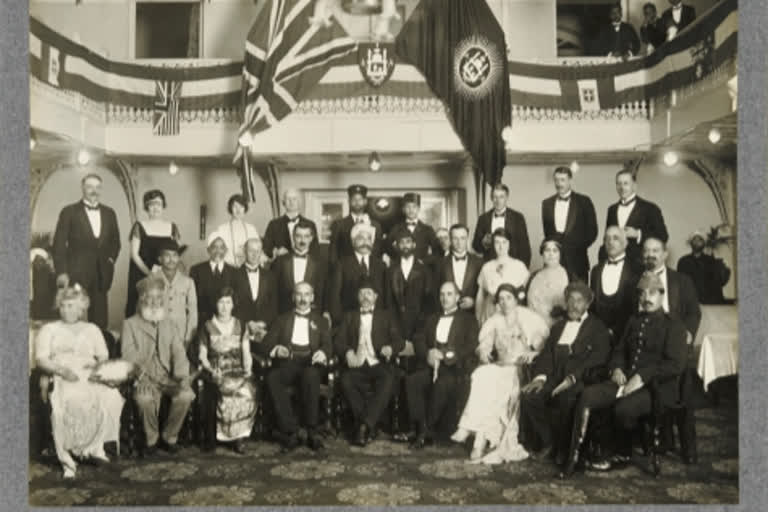Dehradun: For two hundred years of its existence, Mussoorie has been host to the rulers of Afghanistan. These include those who have either been interned or exiled from their homes to these backwaters of the hills. Our list begins with Emir Dost Mohammed Khan, the founder of the Barakzai dynasty and one of the prominent rulers of Afghanistan during the First Anglo-Afghan War, who was housed in Bala Hisar in 1840.
Amir Dost Mohammed Khan had been brought to be kept safely in Dehradun by the British. However, he was keen to go up to the nearby Himalayan foothills where game was plentiful and he could spend hours pursuing his favourite hobby. This arrangement suited the British rulers, for all they had to do was ensure that the seven-mile long bridle-path bristled with troops.
No one could sneak in and no one could sneak out. Two years later, he was restored to the throne in Kabul, but by then he had introduced the aromatic basmati rice (baasand maatior scent of the earth) from his home in Kunar, Afghanistan to the Doon valley.
In the spring of 1880, the 50-acre Bellevue estate, beyond the Mussoorie Library, housed another Emir of Afghanistan, a grandson of Dost Mohammed, Mohammad Yaqub Khan and his entourage. They had travelled outside Jalalabad to sign the Treaty of Gandamak, whereby he ceded his territory to British control, famously saying: ‘I would rather work as your servant, cut grass and tend your garden than be the ruler of Afghanistan.’ He left behind his son Sher Ali on the throne as the Emir. It was Sher Ali’s refusal to accept a British Mission in Kabul that sowed the seed for the second Anglo-Afghan war.
Walking around the looming ruins, the fallen columns of stone, I think of a thirty-something-year-old, dressed in shimmering white (if you ignore the gold tassels dangling from his epaulettes) chafing at the bit. It is true that while he was granted access to the hot spots, there was always an escort or a detail of troopers trailing after him. They were the finest pick of the Northumberland Fusiliers (or the 5th Foot) led by J. C. Fisher, a British Political Officer.
Also Read:The wrong side of the camera
